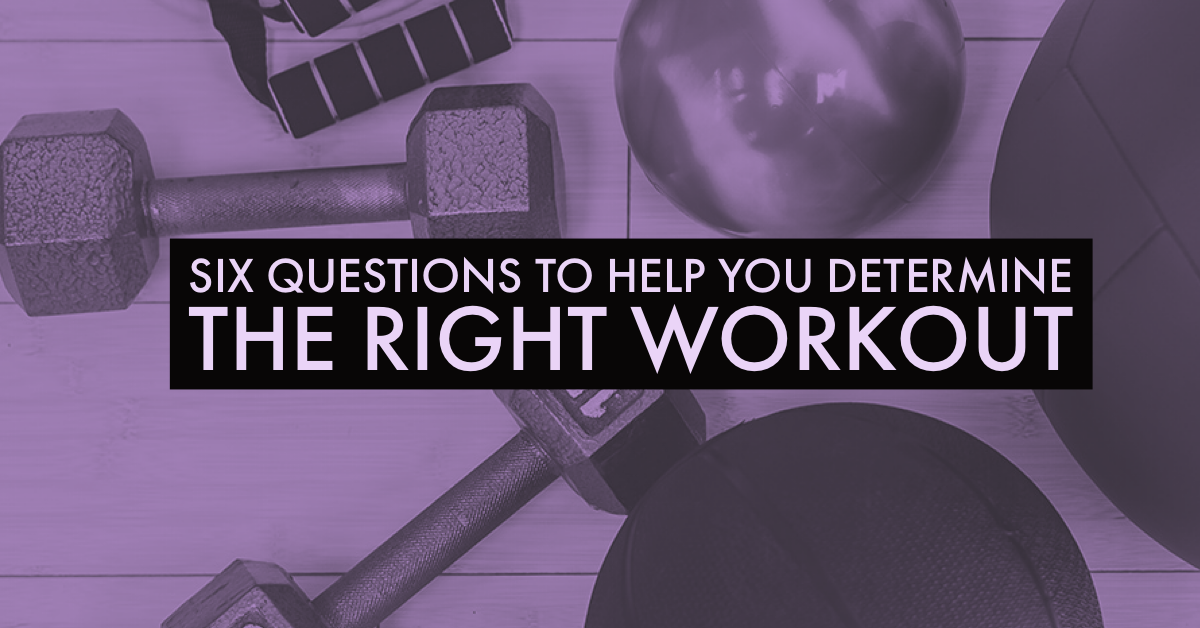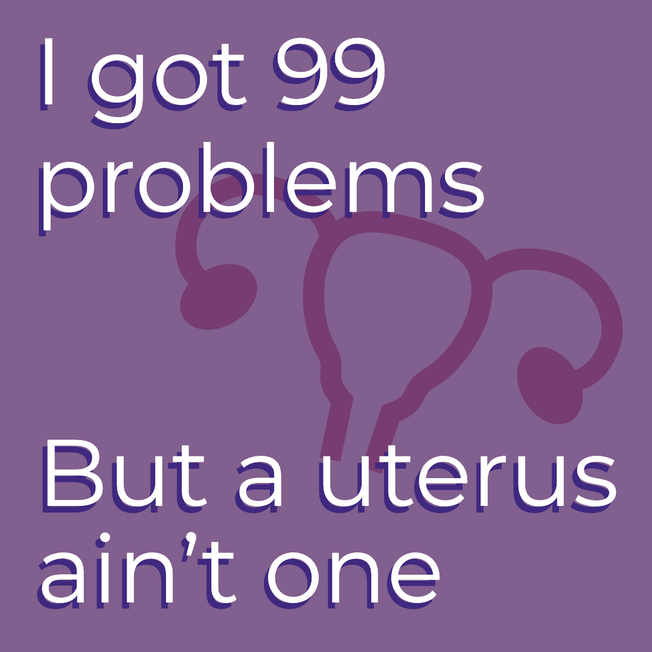|
As January 1st approaches, many of us are thinking about goals for the new year and new decade. And if you’ve let your workouts fall to the wayside during the holiday season (or maybe longer), you may be thinking about getting back to it. But should you go back to what you’ve always done? Should you try something new? With so many options, how do you know if you are doing the “right” workout or program?
For the majority of us who desire general fitness, many paths can take us there. Each of our bodies, goals, and preferences are unique so my “right workout” is likely a bit different from yours. However, here are six questions to ask to help you determine if yours is a good fit:
0 Comments
It’s natural for us to reflect on the previous months as the year draws to a close. I’m sharing some of my own and my clients’ thoughts on what was learned or shared this year that would be beneficial to keep in mind as we enter a new year and decade! On Body Acceptance
I didn't actually appreciate my body and how it was functioning until it wasn’t. I was focused on the wrong things. I worked out to “fix” body parts I didn’t like rather than to make my body stronger and more resilient; those are the things that really matter. Bigger, smaller, muscled or not - healthy bodies come in various shapes and sizes. The ideal body type changes through the years and it doesn’t necessarily indicate greater health and longevity. How does your body feel and what can it do? Strive for improvement if you aren’t where you want to be and know that your healthy may look different than someone else’s. The more I catch negative self-talk and re-frame it, the easier it becomes. The negative self-talk may never go away completely but it's much more quiet! My favorite quote from the book Secrets from the Eating Lab, “You were not put on this earth to mold yourself into a perfect physical specimen. As writer Glennon Melton says, ‘Your body is not your masterpiece, your life is.’" If you are a woman in the United States, you’ve either had a hysterectomy, will have one or know someone who has. I joined thousands of other women on November 26th when I underwent a hysterectomy (uterus/cervix removal) due to suspected adenomyosis and other issues. A salpingectomy (surgical removal of fallopian tubes), single oophorectomy (removal of one ovary) and endometriosis removal was also performed. Hysterectomy is so commonplace in the U.S., and now that it can be performed on an outpatient basis, the seriousness and full recovery time is often downplayed. You will hear about women returning to work 2 weeks after surgery. You will hear stories of little to no pain or complications. It’s truth for those women. You will also hear about women who were couch-bound for weeks, as well as women who had to go back in for revision surgery due to complications. No surgery and no recovery is going to be exactly the same. Even if you have a complication-free surgery and are fit going into it, a smooth recovery is not guaranteed. It doesn’t mean that those who have a bumpy recovery did anything wrong. My surgeon told me that I’d start to feel awesome after just a few days. Well, it’s been just over two weeks and I am only now starting to feel anything resembling “awesome”…and that’s only immediately upon getting up in the morning. As you know, I work with women as a personal trainer/coach. One in three will have a hysterectomy by age 60. For that reason, I’m sharing my experience. When we share our stories, what it does is, it opens up our hearts for other people to share their stories. And it gives us the sense that we are not alone on this journey.” - Janine Shepherd |
Archives
June 2023
Categories
All
|



 RSS Feed
RSS Feed